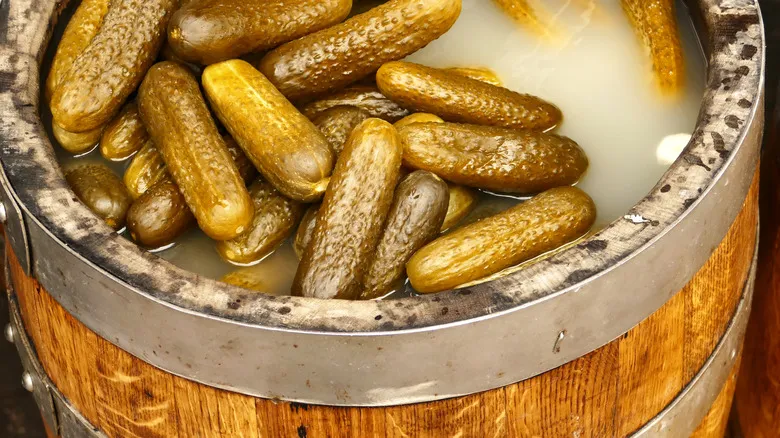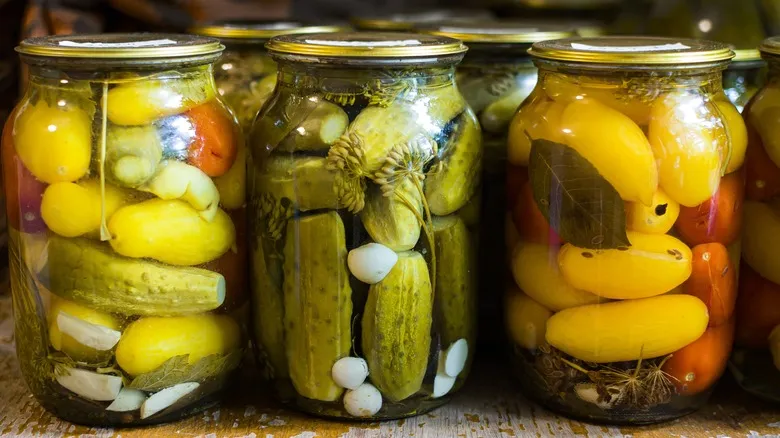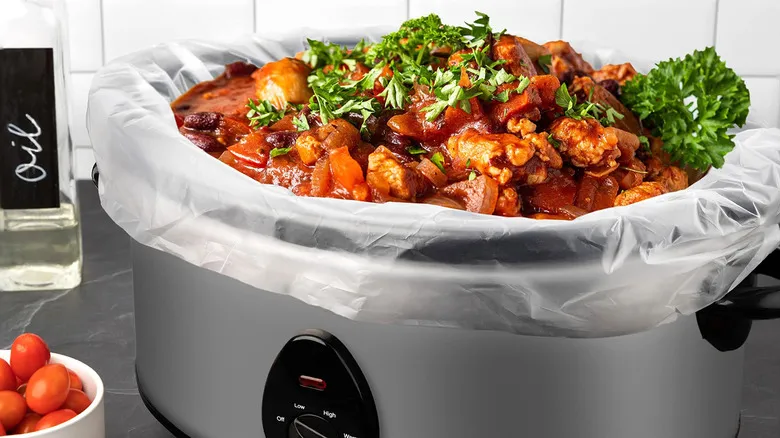Why we refrigerate opened pickle jars

The USDA categorizes pickles into three types: cured pickles (fermented in a salt brine and may be stored in vinegar and spices), fresh-pack pickles (unfermented cucumbers in a vinegar solution that are heat-processed for safe storage), and refrigerated pickles (fresh cucumbers packed in vinegar and spices, kept cold in stores). There are key differences between fermentation and the processes of marinating or pickling. Fermentation can take several weeks, while fresh-pack pickles are heated and stored in sanitized, sealed jars or cans. Refrigerator pickles are simple to make at home and do not require sanitized jars or heat; however, they are more susceptible to spoilage and must be refrigerated immediately, just like any store-bought pickles, kimchi, or sauerkraut found in the refrigerated section, typically in soft packaging. The jars of shelf-stable pickles located next to the mustard are the fresh-pack variety.
Fully cured, fermented, and brined pickles are generally more resistant to fungal or bacterial contamination, but they are uncommon in commercial products. Historically, they were sold from unrefrigerated barrels, a practice still seen in some specialty stores. However, incidents in the late 1990s raised the USDA's awareness of the risks associated with high-acid, unpasteurized foods like orange juice and apple cider, which can be susceptible to bacterial contamination. This prompted concerns regarding pickles and other acidified foods. According to the USDA, there have been no reported foodborne illnesses linked to commercial pickles in the past 50 years. Nonetheless, current processing regulations and refrigeration guidelines ensure our safety.
Recommended

Why You Should Never Serve Frozen Chocolate Truffles

The Right Way To Store Fresh Produce Together

How Long Can You Keep Miso Before It Spoils?

Why There Are So Many Frozen Food Listeria Recalls Recently
Next up





